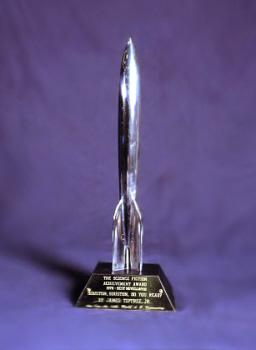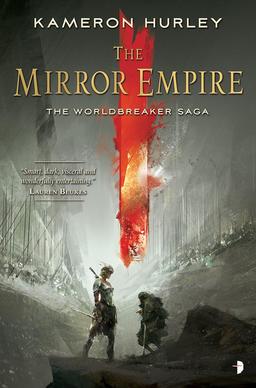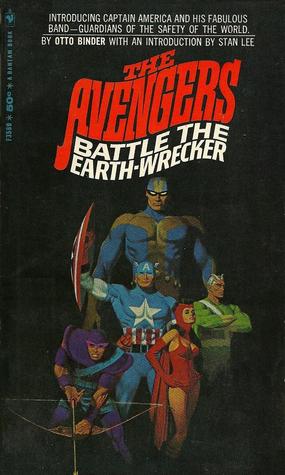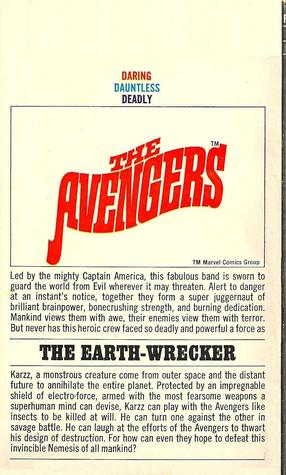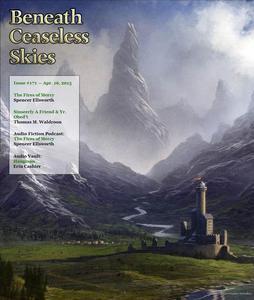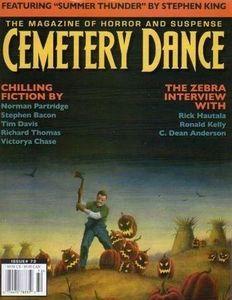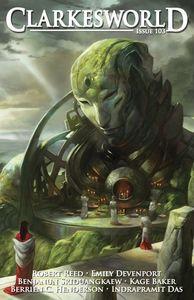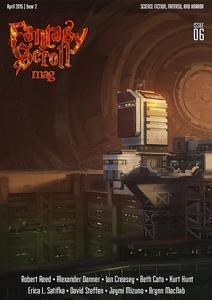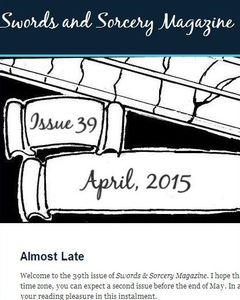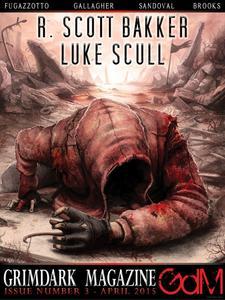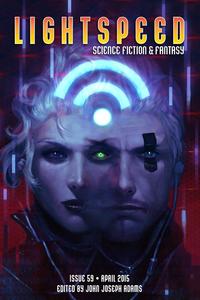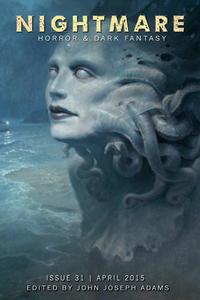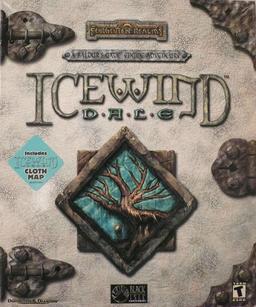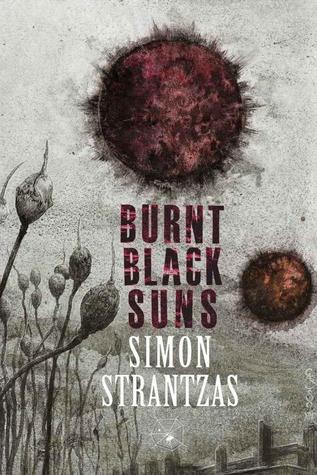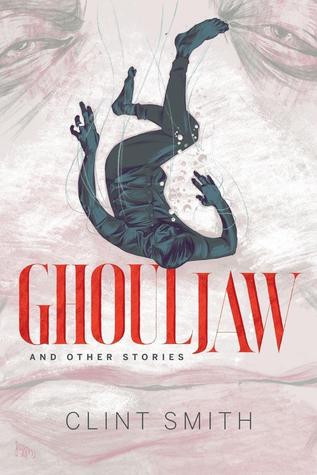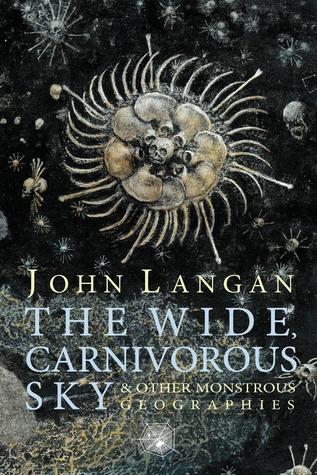The mid-May Fantasy Magazine Rack
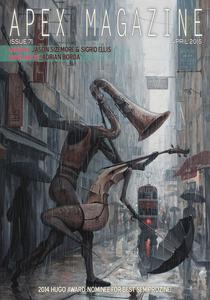 |
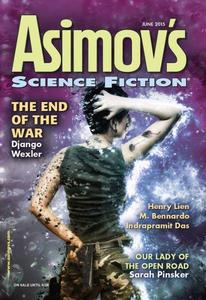 |
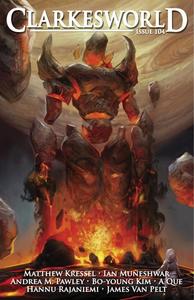 |
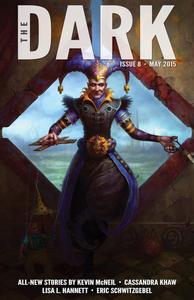 |
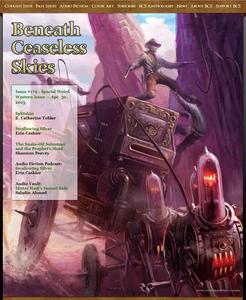 |
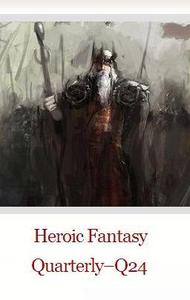 |
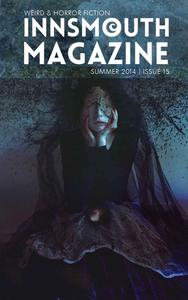 |
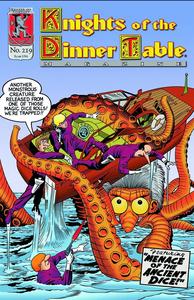 |
The mid-May April magazine rack is crowded with a mix of print (Asimov’s, Knights of the Dinner Table) and online (The Dark, Clarkesworld, BCS, and HFQ) magazines. This month we say goodbye to Innmouth Magazine, which published its last issue last summer. Click on any of the images above to see our detailed report on each issue.
As we’ve mentioned before, all of these magazines are completely dependent on fans and readers to keep them alive. Many are marginal operations for whom a handful of subscriptions may mean the difference between life and death. Why not check one or two out, and try a sample issue? There are magazines here for every budget, from completely free to $7.50/issue. If you find something intriguing, I hope you’ll consider taking a chance on a subscription. I think you’ll find it’s money very well spent.
Our late April Fantasy Magazine Rack is here.
